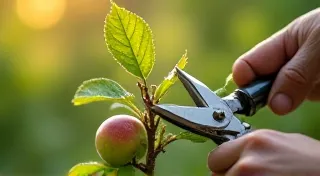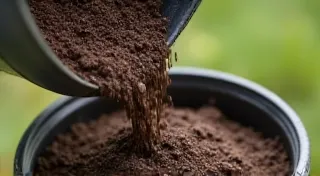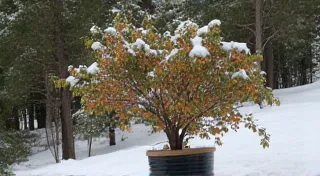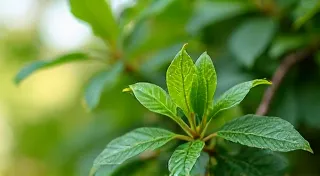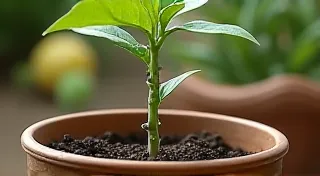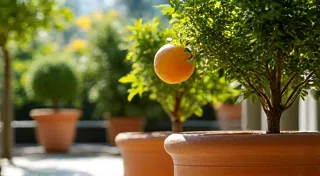Growing your own fruit is incredibly rewarding, and it’s surprisingly achievable even with limited space. Container gardening opens up a whole new world for fruit lovers, especially when combined with the magic of dwarf fruit trees. But with so many varieties available, choosing the right ones for your container garden can feel overwhelming. This guide will break down the best dwarf fruit tree options, considering your climate, available space, and the delicious fruit you’re hoping to harvest. We's also delve into the essential care tips to ensure a bountiful and healthy harvest.
Before we dive into specific varieties, let's clarify what we mean by "dwarf." These trees are bred to remain significantly smaller than standard varieties, often through rootstock manipulation. This allows them to thrive in containers and be easily managed. Keep in mind that even dwarf trees require some pruning to maintain their shape and size. Proper placement is also crucial for success, and finding the right location can significantly impact fruit production – you can find more tips on choosing the right location for your container-grown dwarf fruit trees.






